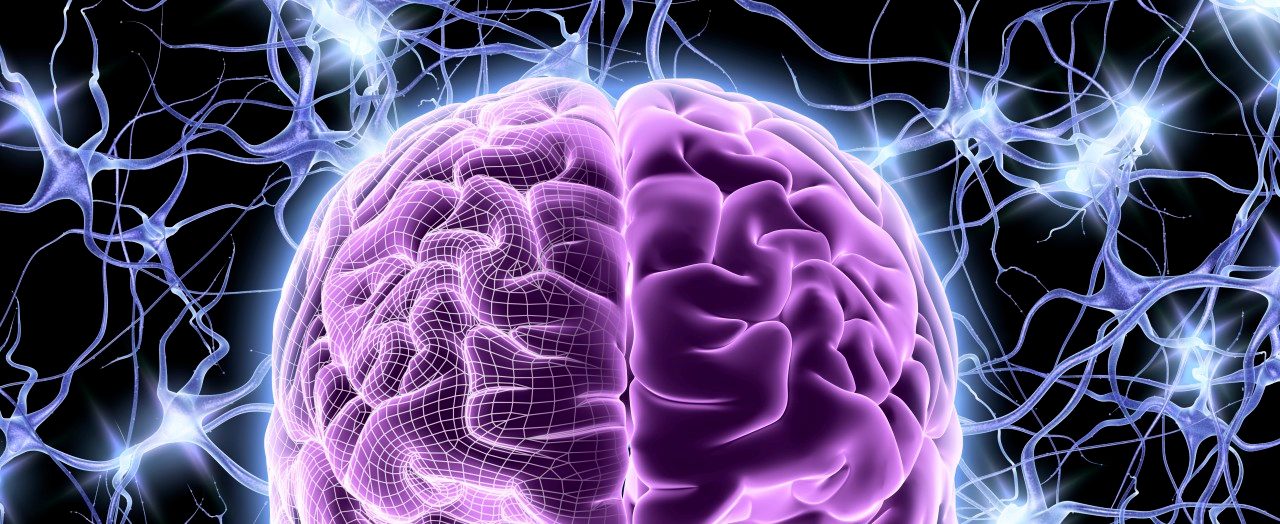Retrain Your Mind to Optimize Performance

8 ways to organize tomorrow today.
Like your body, your brain needs training, or retraining, to remain in peak shape for performance.
The authors of a recent book, “Organize Tomorrow Today,”
use eight recommendations to achieve that goal, starting with the allocation of time.
Jason Selk, Tom Bartow, and Matthew Rudy write about time maximization rather than time allocation, the distinction being in the way you choose a few priorities for the day, and go after them one at a time. They prioritize the first as the “1 Must.”
YOU MIGHT ALSO LIKE: When to Worry About Memory Loss
“I’ve had big success focusing on the 1 Must, because if I try to make excuses for why I’m not doing it, it forces me to acknowledge that I’m giving in to resistance,” writes adventurer Jessica Denham. “Then I have to acknowledge why. Why on earth would I not do the single thing I’ve personally decided is the most important thing for me to do?”
The book is divided into eight goals, with the authors recommending that you practice just one at a time. Those goals include being productive rather than just “busy,” choosing tasks wisely, maximizing your time, evaluating what you’re doing and how you’re doing it, learning to talk to yourself with positive messages, and becoming “abnormal,” meaning that normal is acceptable or average, but being abnormal takes your thinking up a notch.
“The authors have cleverly identified and described three performance viruses that you want to avoid, Jane Anderson writes in a review of the book. “If you see symptoms, stay calm, keep your perspective, and apply an effective antidote. Use your imagination or personal experience to imagine the symptoms.”
They use the “viable excuse” as an example of one virus. The antidote is that if you’re truly committed to improvement, “you will be accountable for what you do, even in adverse circumstances. No excuses. Not even those that seem legitimate.”
YOU MIGHT ALSO LIKE: Save Your Brain with Seafood
More than 2 billion people worldwide suffer from brain-based health and productivity challenges resulting in a global economic burden of more than $2 trillion, writes strategist and business coach Terri Kennedy, PhD.
To improve those numbers Kennedy recommends exercising often, making sleep a priority, managing stress and meditating, eating a plant-based diet, being “purposeful” and connected, and monitoring yourself.
Kennedy also recommends “cross-training” your brain, based on the principle of “use it or lose it. “It’s vital to constantly step out of your comfort zone,” she writes. “If you play chess, then take up hiking. If you do a lot of physical activities, then learn another language.”
Another book author, John Ratey, MD, an associate clinical professor of psychiatry at Harvard Medical School, notes that exercise activates the growth of new brain cells as well as production of a protein call brain-derived neurotropic factor, which he calls “the queen of brain growth factors” in Success.
It improves mood, anxiety, depression, and overall brain health, including memory, performance, creativity and motivation, he says.
Ratey notes a study in Sweden that found a direct correlation between fitness levels and IQ. The study included information from more than 1 million males for 40 years, from the ages of roughly 15 to 55. That ratio held true across the age span. “Brain function was determined by fitness,” Ratey says.
In another study, more than 2,000 men in the U.K. were tracked for 35 years, and those who stuck to four out of five health behaviors cut their risk of dementia by 60 percent.
“If there were a pill that boasted those kinds of results, it would be the best-selling drug ever,” says Norman Doidge, MD, a Canadian-born psychiatrist and author of “The Brain That Changes Itself.”
YOU MIGHT ALSO LIKE: Yoga for Mental Energy and Concentration
Updated:
March 05, 2020
Reviewed By:
Janet O’Dell, RN